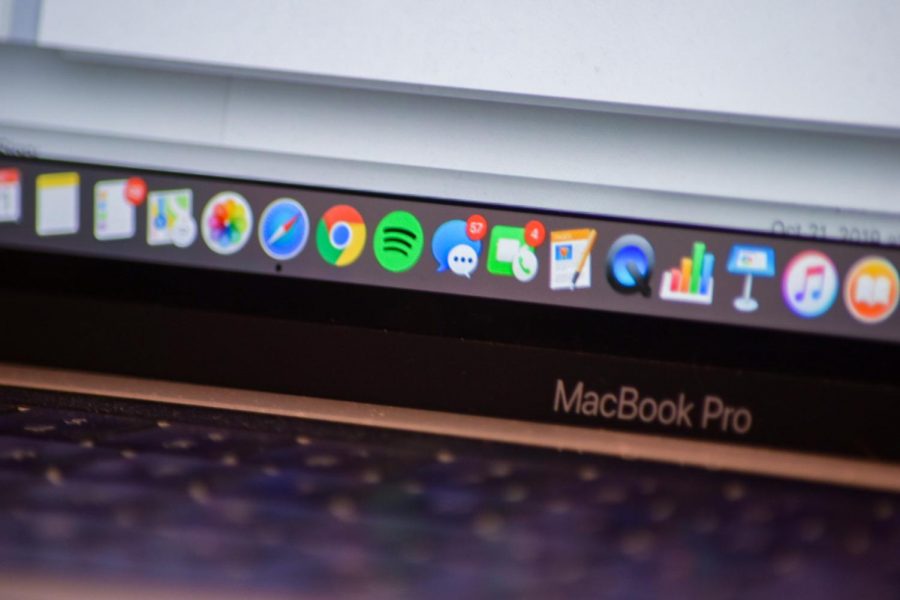Your day is a complete disaster: you wake up late for class, skip breakfast and run across campus for an 8 a.m. Your exam results come back and they’re less than satisfactory, and your professor assigns you a 10-page research paper for next week. The dining hall has long lines and runs out of your favorite food. When you finally get back to your dorm after an exhausting day you open TikTok and see the new prediction from a 13-year-old pug – ah yes, today was a no bones day.
I assume that many of you have heard of the viral TikTok sensation Noodle, a pug that can predict whether it’s going to be a good or bad day via his bone status when he wakes up. A “Bones Day” means that it will be a good day whereas a “No Bones Day” means it will be a bad day. On the surface, using a pug to predict the quality of your day may seem crazy, but I think it’s normal.
Human history is laced with belief systems that explain the way things happen and predict what will happen. We have used systems like oracle bones, astrology, farmers’ almanac and religion throughout history. Why do we believe these things? Human nature and psychology.
Humans are curious and look for an explanation as to why things happen. Take astrology for example – people tend to blame their faults on their signs. How many times have you heard, “He’s a Leo, of course he cheated on me,” or “he’s cute, but he’s a Capricorn.” Unless you are a firm believer in astrology you might listen to this with skepticism, not believing that the date someone is born predetermines their personality. But in my opinion, it’s not so different from religion, just a lot less normalized to the general culture.
In fact, I believe that these beliefs have emerged because the younger generations don’t believe in religion as much as older generations. People don’t want complete control over their lives no matter the amount they detest organized religion or higher powers – they always turn to something to reason why they don’t have total responsibility in any given situation. Science, conspiracy theories, astrology and even a pug indicate a person trying to reason with themselves. So, although absurd, having a trust in an elderly pug’s bones to predict or to explain the state of our day may not be too odd.
People’s trust in Noodle could be attributed to psychological traits like confirmation bias. When people watch to see whether a pug’s bones will work, they are prepared to believe whatever that pug has to say. Humans don’t want their beliefs to be disproven.
When people hear it’s a bones day, they’re more likely to focus on the good things that happened during the day. But when it is a no bones day, they’re more likely to focus on the bad. The pug is not predicting whether it is going to be a good day – he’s only leading us to confirm his prediction. The bones aren’t prophesying, they’re telling us what to believe.
Even though Noodle isn’t predicting the future, this isn’t a bad thing. When you’re having a horrible day, isn’t it a little better to hear it was just meant to be bad from a pug not wanting to stand in the morning?
Noodle came to us during a difficult time as we were still adjusting to the new normal – and he was meant to remind us that there are good and bad days.
Lily Fitzgerald can be reached at [email protected].



















